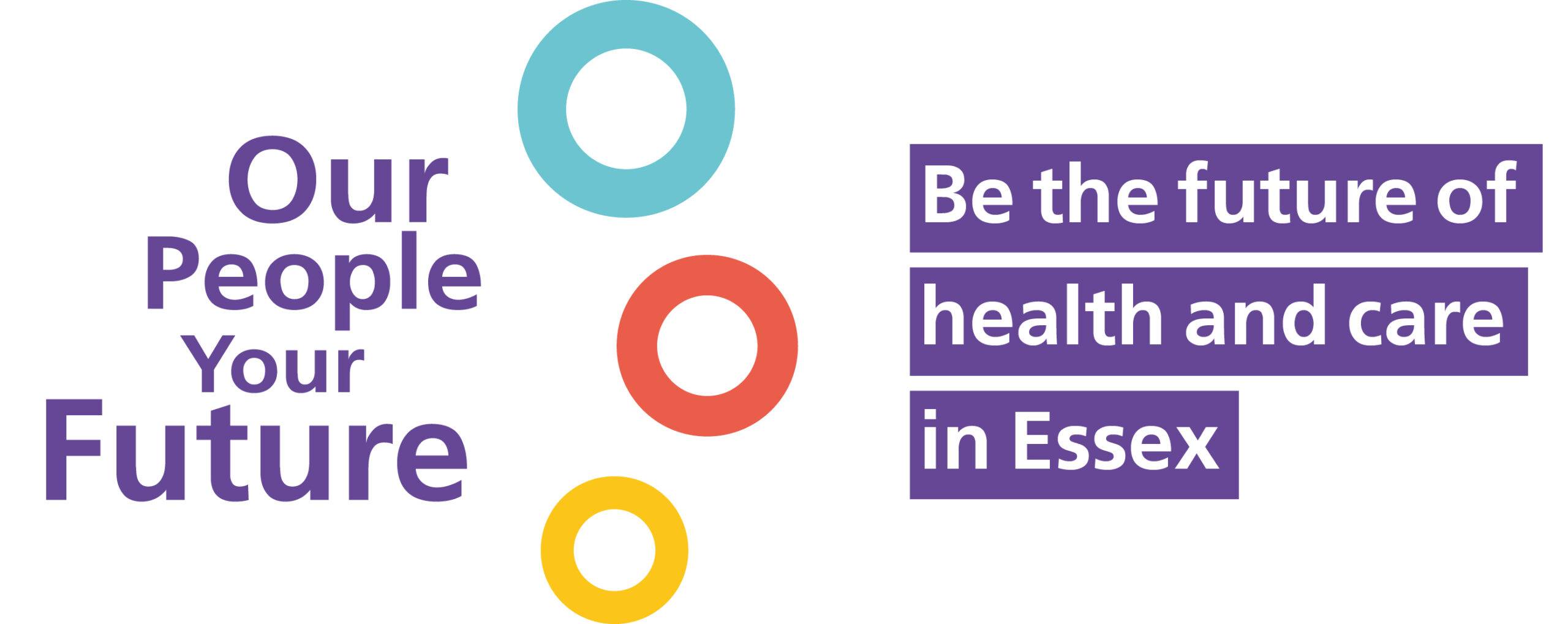Accredited Provider
- E-LFH HEE
Course Description
- Explains what frailty is, recognising it as a long term condition.
- Impacts of frailty on health wellbeing , morbidity and mortality.
- Impacts of hospital care in those with frailty.
- How frailty can improve or get worse.
- Prevention of frailty.
- Impact of frailty on mind, body mobility, medications.
- Importance Holistic assessment for frailty using comprehensive geriatric assessment (CGA) framework and the evidence behind its benefits on person outcomes§.
- Managing multicomplexity in Frailty.
- Focus on personalised care and Outcomes that matter most to individuals- evidence on benefits and need to switch to person centred shared decision making.
Learning Outcomes
- Frailty as a long term condition in its own right.
- How to measure Frailty severity- using the clinical frailty scale or electronic Frailty index.
- Understand how frailty may present and what the 5 frailty syndromes are.
- Understand that frailty can change in its severity and can also improve and what drivers may accelerate frailty decline and what may slow or improve it.
- Prevention of frailty.
- Understand the domains that make up a CGA, how to do this and importance of doing so- evidence of benefits of CGA.
- Conducting a CGA.
- Managing medications in frailty- importance of avoiding medications that can be risky in frailty, may exacerbate any of the frailty syndromes or accelerate decline to health/wellbeing and frailty severity.
- Deprescribing and individualised approaches to medications.
- Affect on the mind in frailty- understanding delirium, cognitive decline, mood disturbance (depression and anxiety) and importance of detecting, how to detect and manage these issues.
- Understand what can increase the risk of delirium and cognitive problems developing and what can reduce the risk/help.
- Understand what can cause delirium.
- Understand mobility problems, falls risk and how to prevent and reduce falls in frailty.
- Challenges in Recognising deterioration in frailty and distinguishing between what may be normal for the person and what may be due to acute new health problems.
- Understand importance focus on personalisation and outcomes that matter most to the person and how that can benefit people with frailty.
- Personalisation shared decision making- Difference between shared decision making and consent.
Course Length
- 1 Hour
Course suitable for…
- GPs working in emergency departments.
- Registrars and senior grade doctors in emergency departments.
- Hospital consultants (physician, surgeons, radiologists, specialists).
- Acute care social workers.
- Senior band 6 and 7 registered Nurses.
- Occupational therapists, physiotherapists, speech and language therapists, and dieticians.
- Band 7 and 8 pharmacists.
- Emergency department advanced nurse practitioners.
- Acute frailty practitioners.
- Same day emergency care workforce.
Please note these modules will require you to create ‘Personal Account’ to register completion of course. Once the modules have been completed, please return for further training suggestions.

